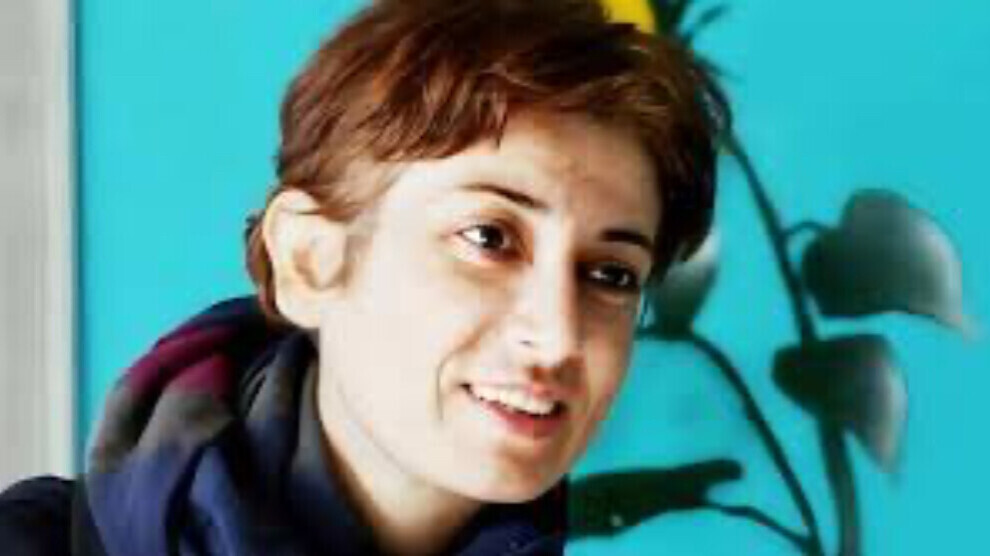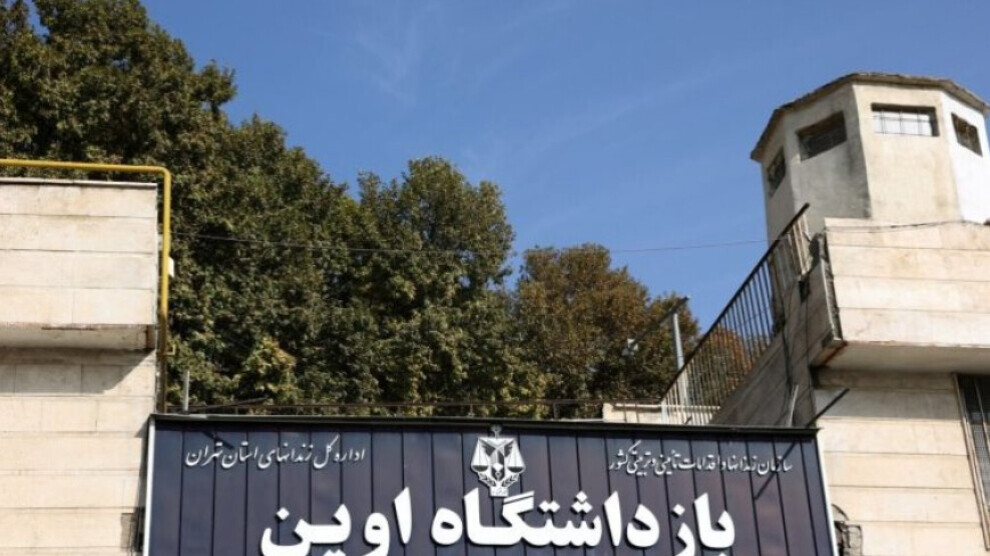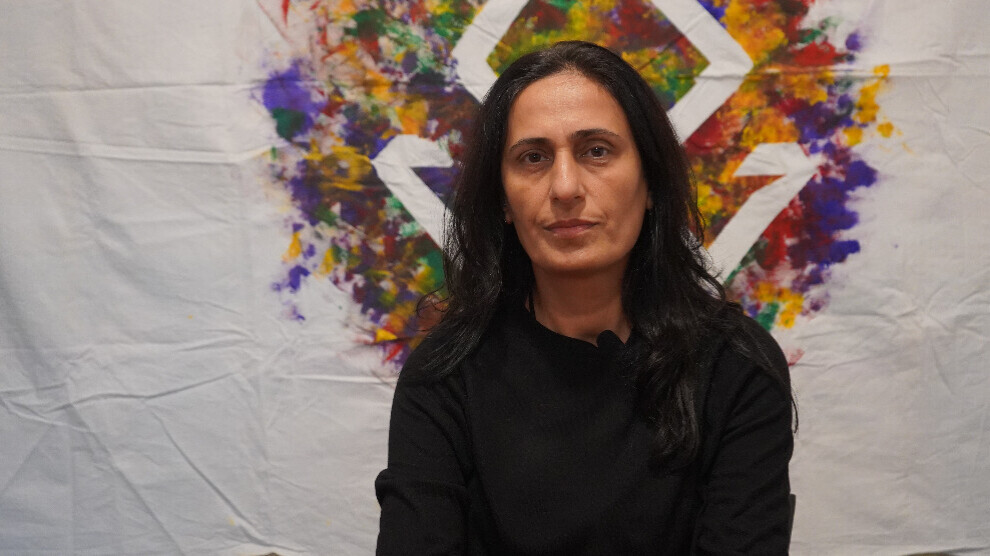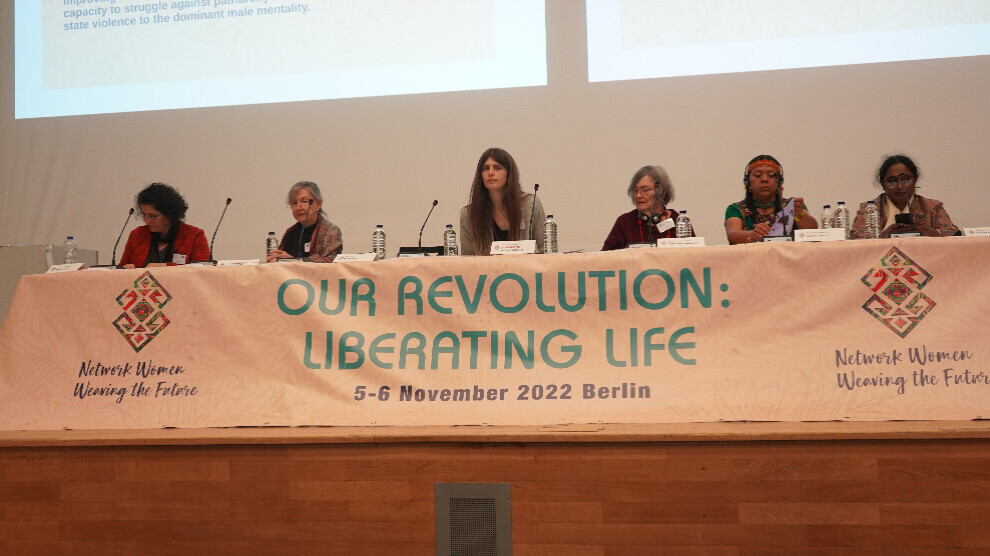Omid Barin
DW
April 29, 2024
After a recent order from Iranian leader Ayatollah Ali Khamenei, "morality police" are increasing patrols, and women who refuse to wear headscarves are reporting more violent harassment and arrests.

Young women have been defying the Iranian regime's crackdown
After a recent order from Iranian leader Ayatollah Ali Khamenei, "morality police" are increasing patrols, and women who refuse to wear headscarves are reporting more violent harassment and arrests.

Young women have been defying the Iranian regime's crackdown
Iranian authorities are stepping up street patrols in a renewed push towards suppressing women who refuse to follow strict Islamic dress codes.
Under a new campaign called "nour" or "light," endorsed by Supreme Leader Ayatollah Ali Khamenei, Iranian "morality police" are out in force on so-called guidance patrols looking for women who refuse to wear the hijab, or headscarf.
One 25-year-old woman, who spoke to DW anonymously, said she was accosted on the streets of Tehran while on her way to university on April 20.
She said she was surrounded by dozens of police officers who demanded that she cover her hair, and when she resisted, they quickly resorted to violence, pulling out some of her hair and verbally harassing her as they dragged her into the van.
"At that moment, I didn't fully understand what was happening; I just knew they were beating me. Later, I saw that several parts of my body were bruised," she said.
As she was being beaten and harassed by police, the woman said she thought of the "Women, Life Freedom" movement, which started in September 2022 when 22-year-old Jina Mahsa Amini died after being taken into custody by the morality police in Tehran for allegedly improperly wearing a hijab.
Under a new campaign called "nour" or "light," endorsed by Supreme Leader Ayatollah Ali Khamenei, Iranian "morality police" are out in force on so-called guidance patrols looking for women who refuse to wear the hijab, or headscarf.
One 25-year-old woman, who spoke to DW anonymously, said she was accosted on the streets of Tehran while on her way to university on April 20.
She said she was surrounded by dozens of police officers who demanded that she cover her hair, and when she resisted, they quickly resorted to violence, pulling out some of her hair and verbally harassing her as they dragged her into the van.
"At that moment, I didn't fully understand what was happening; I just knew they were beating me. Later, I saw that several parts of my body were bruised," she said.
As she was being beaten and harassed by police, the woman said she thought of the "Women, Life Freedom" movement, which started in September 2022 when 22-year-old Jina Mahsa Amini died after being taken into custody by the morality police in Tehran for allegedly improperly wearing a hijab.
Amini's death was followed by the highest level of public unrest Iran had seen in decades, with thousands of people taking to the streets of Iranian cities in support of women's rights. Authorities used force to suppress the protests. A UN fact-finding mission estimates that 551 protesters were killed.
"I remembered Jina Mahsa Amini and other women who sacrificed their lives during the women's uprising for life and freedom, and I told myself I had to be strong," the woman said.
"I shouted loudly that my dress code is my own business. As soon as I said this, their insults and violence began," she said. The female officers called her a prostitute and told her that as long as she lived in Iran, she "must respect the laws of the country derived from Islamic commands."
The woman said she was taken into police custody, where at least five other women were also detained for not wearing a headscarf. She was released after several hours but was forced to sign a letter committing to following Islamic dress codes, and may also face further legal action.
A renewed crackdown on women in Iran
In recent weeks, there have been many similar reports on excessive violence against women circulating on Iranian social media. Many women have shared their experiences of police violence, arrest and fines.
Iran's legislative bodies, the Islamic Consultative Assembly and the Guardian Council, which sign off on laws, have recently been negotiating bills aimed at legalizing a crackdown on women who oppose the "compulsory hijab."
The resurgence of violence against women began after Khamenei's speech on Eid al-Fitr, April 10, the holiday that ends the month of Ramadan.
Emphasizing the necessity of compulsory hijab, he ordered actions against "religious norm-breakers."
Following this speech, the morality police increased street patrols. The calls for a crackdown also coincided with the large-scale Iranian missile and drone strike on Israel, and a surge of international concern over a widening of the conflict in the Middle East.
Mahtab Mahboub, an Iranian women's rights activist residing in Germany, told DW that the timing of the increased crackdown on women's rights, along with the heightened tensions with Israel, is not a coincidence.
"The issue of security lies at the core of the Islamic Republic's policies — external security through attacking the 'enemy,' and internal security through controlling the bodies of women and all sexual and gender minorities," she said.
She added that women and protesters "are seen as potential agents of rebellion who can challenge the compulsory value system" of the Islamic Republic.

People around the world, like these protesters in Berlin, supported Iran's Women, Life, Freedom movement
Image: Ebrahim Noroozi/AP Photo/picture alliance
Osman Mozayan, a lawyer in Tehran, told DW that in recent days, many unlawful detentions have taken place.
"In some cases, women's bank accounts have been blocked, or their cars have been confiscated. Some students have been prevented from entering universities. Even some have been deprived of work. Their civil and civic lives are disrupted," he said.
"These individuals are mostly referred to the courts, and regardless of the verdict — conviction or acquittal — these punishments and restrictions imposed are irreparable," he added.
Osman Mozayan, a lawyer in Tehran, told DW that in recent days, many unlawful detentions have taken place.
"In some cases, women's bank accounts have been blocked, or their cars have been confiscated. Some students have been prevented from entering universities. Even some have been deprived of work. Their civil and civic lives are disrupted," he said.
"These individuals are mostly referred to the courts, and regardless of the verdict — conviction or acquittal — these punishments and restrictions imposed are irreparable," he added.
Iranians demand change
Many believe that the nationwide Women, Life, Freedom protests represent the most severe internal challenge since the Islamic Republic was formed in 1979.
However, the regime has never been willing to concede to the demands of the protesters, especially the removal of mandatory hijab obligations.
Nobel Peace Prize laureate Narges Mohammadi, who is currently in Tehran's Evin Prison, described the recent surge in violence against women and youth as a sign of "desperation" from the Islamic Republic.
Mohammadi said the new policy stems from the regime's "untreatable pain of illegitimacy."
A group of mothers who lost their children during the Women, Life, Freedom protests issued a statement recently condemning the "brutal and continuous repression by this misogynist regime."
"Women have no intention of returning to the past and do not allow themselves to be considered second-class citizens, letting the patriarchal government and society decide for them," the statement said.
Rojina, a journalist in Tehran who spoke to DW using a pseudonym, said despite the recent uptick in violence, she has not seen any change on the streets.
"Every day, many women can be seen in public with optional clothing. They have accepted that freedom requires a cost, and they are determined not to revert to life before the Women, Life, Freedom movement."
Feminist activist Mahboub is in contact with many women in Iran. She said the Women, Life, Freedom movement has "restored the lost self-confidence to women and reminded the entire society that the freedom of women and the most marginalized groups is the measure of society's freedom."
"Some women who still leave home without a hijab are courageously reclaiming their lost dignity. They insist that no one has the right to decide for our bodies," she said.





.jpg)


